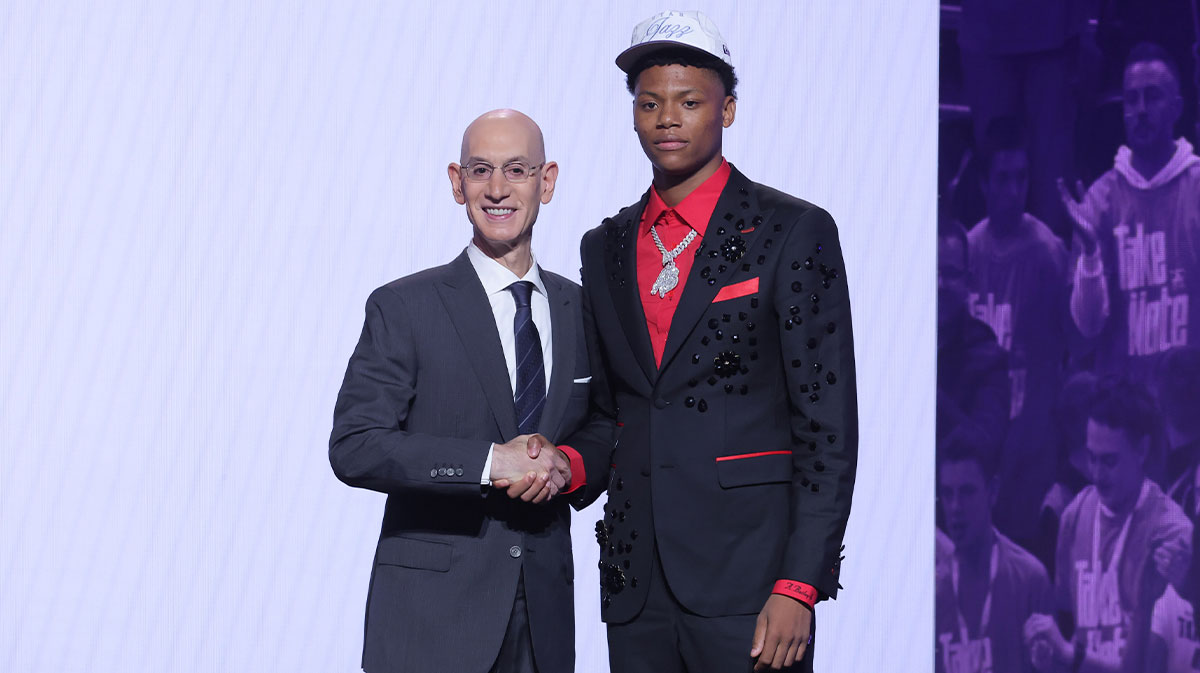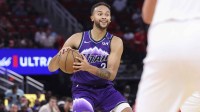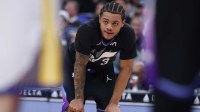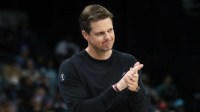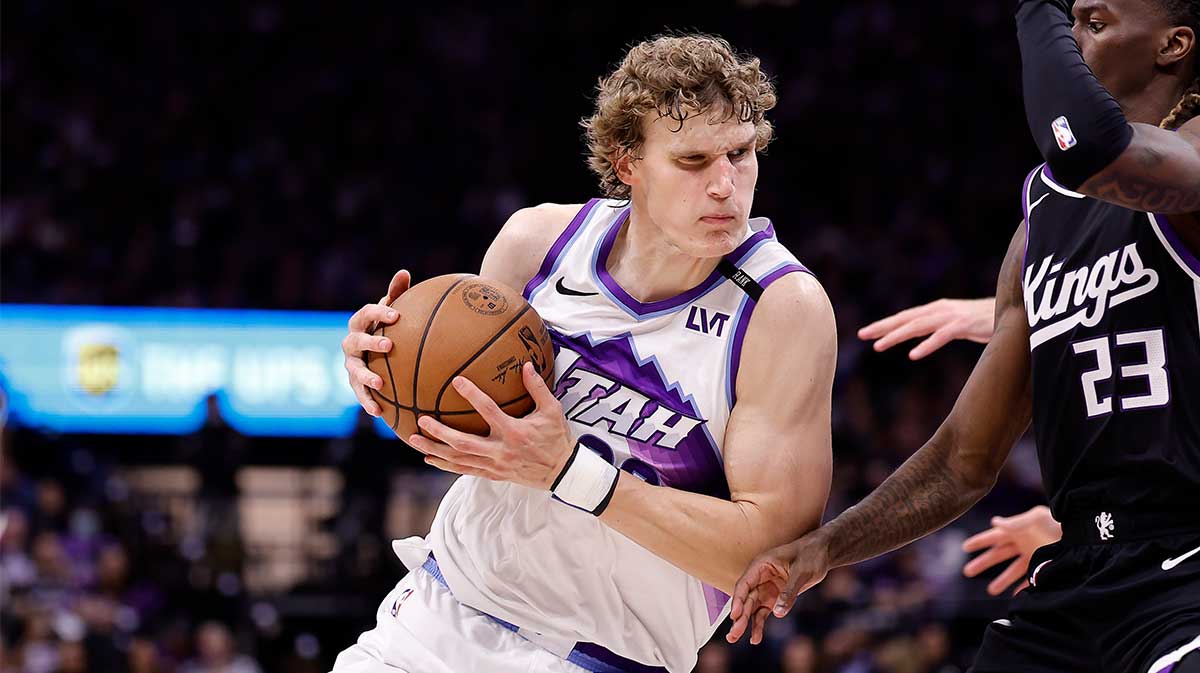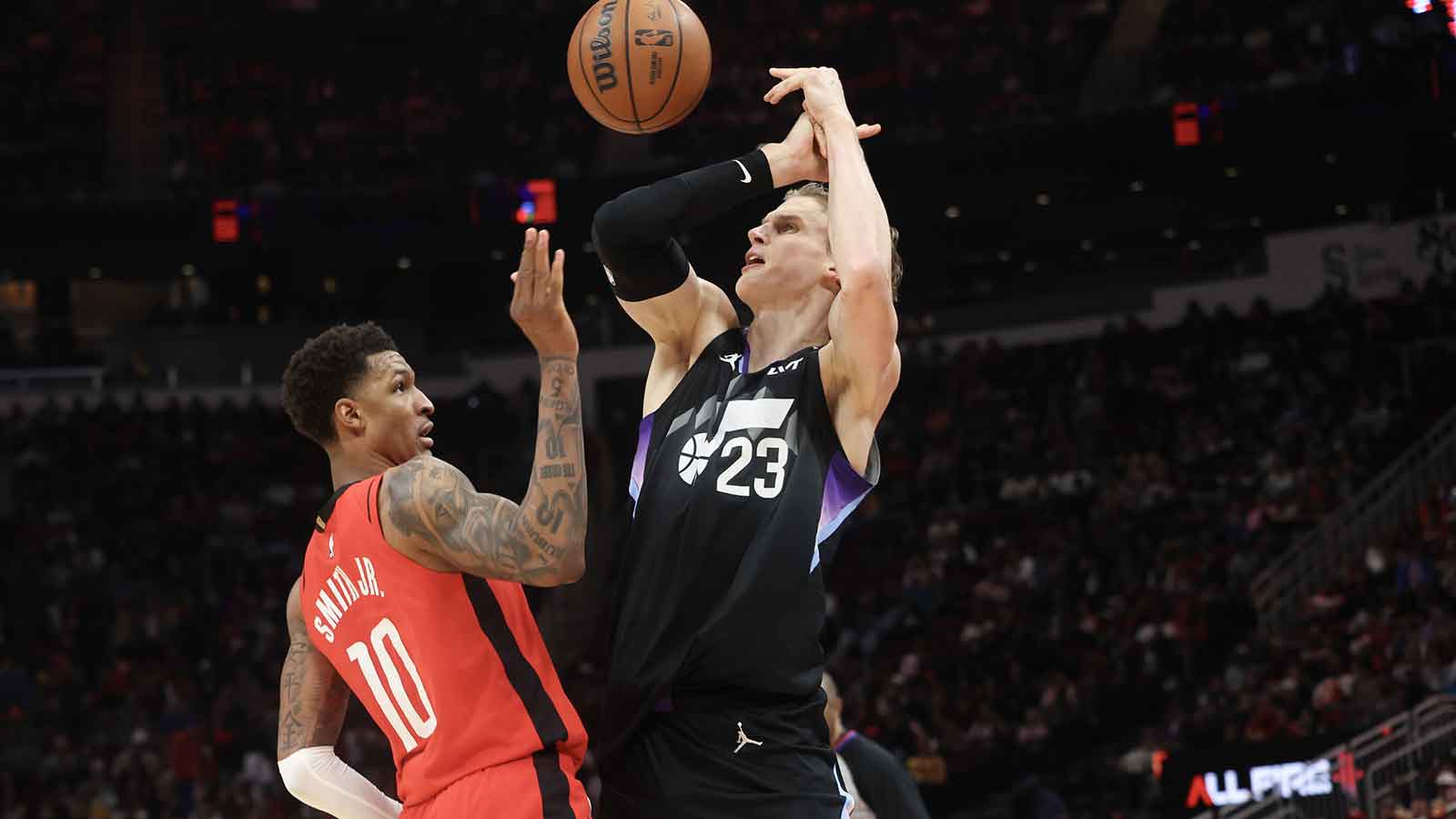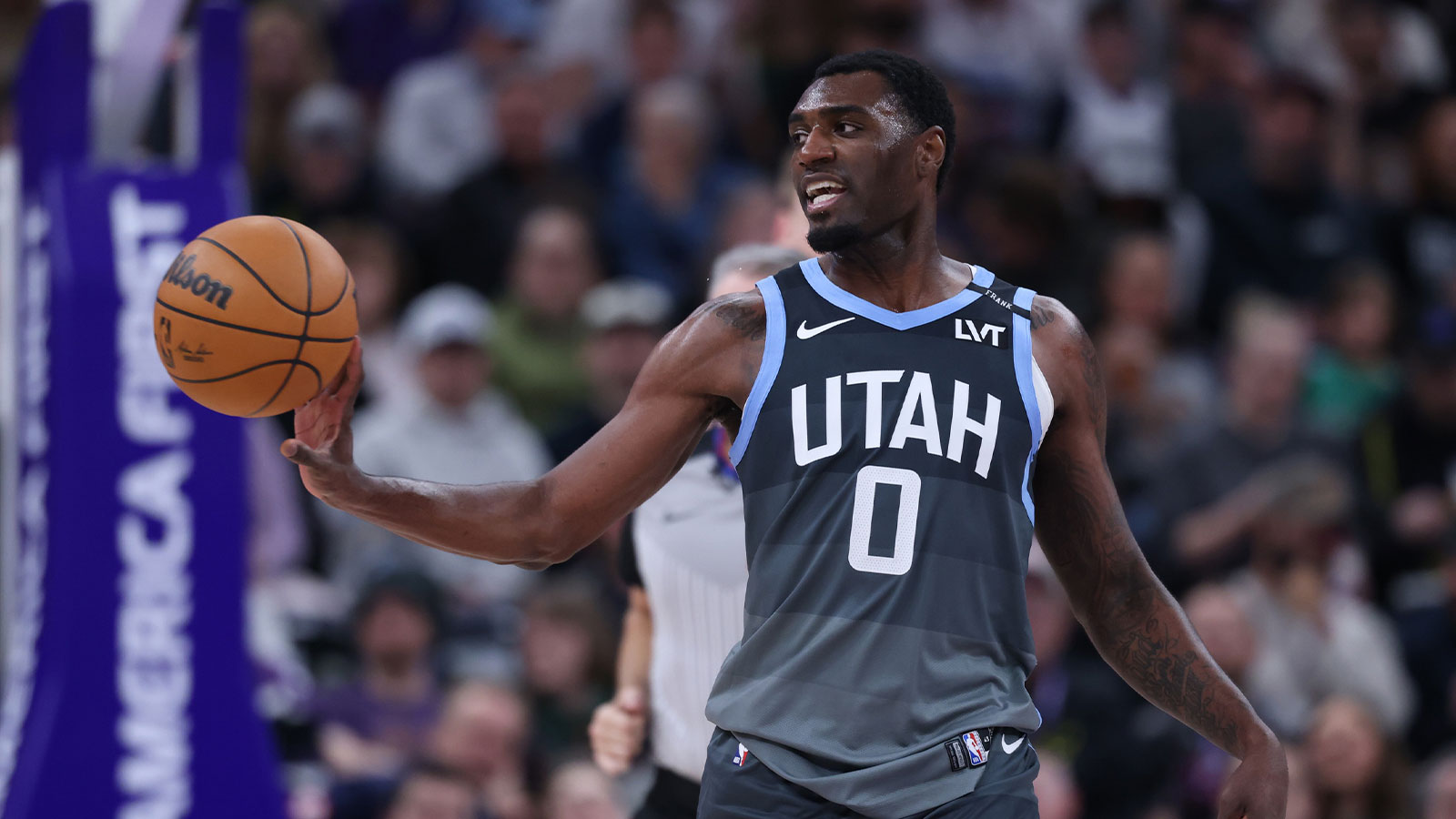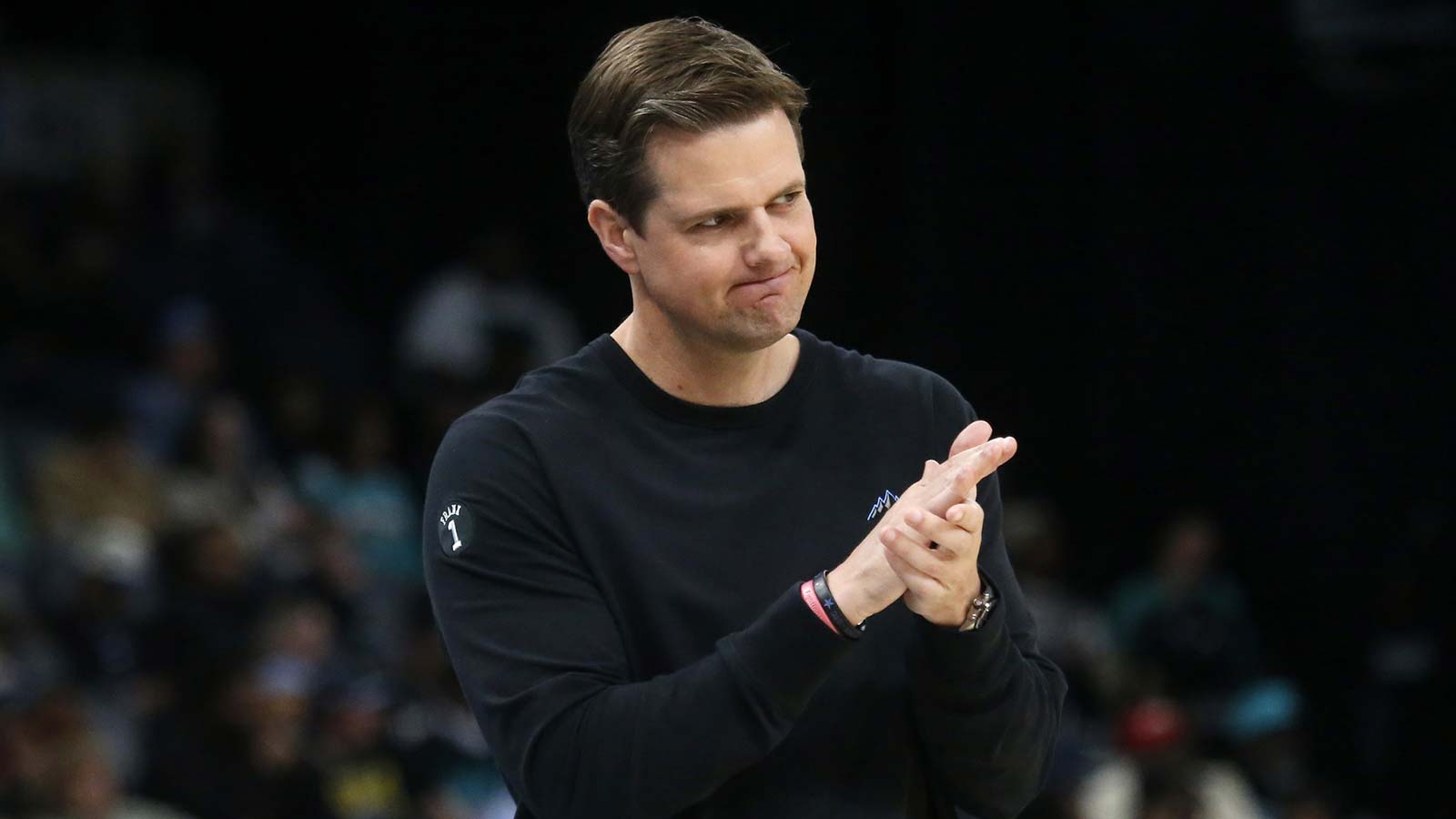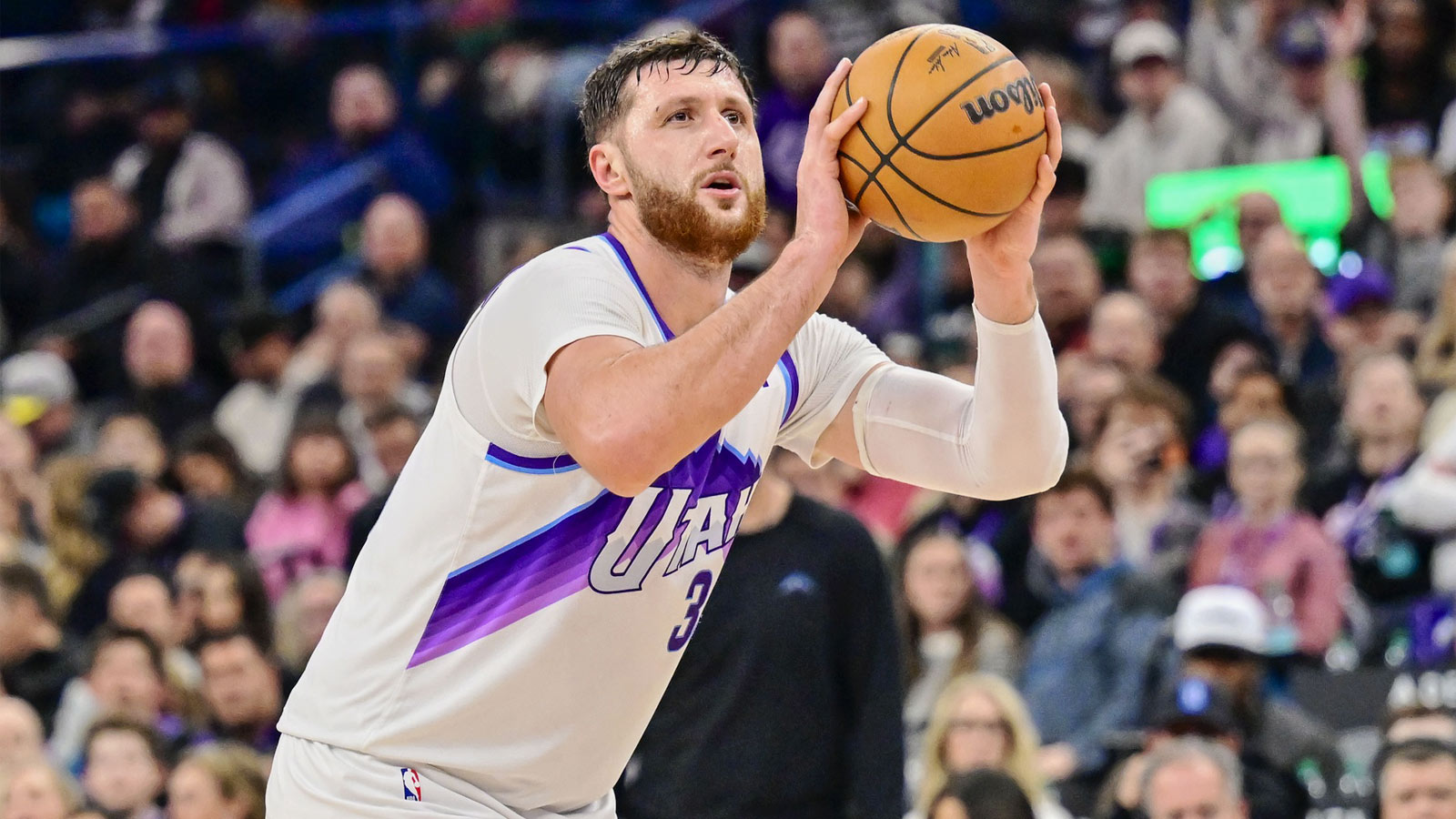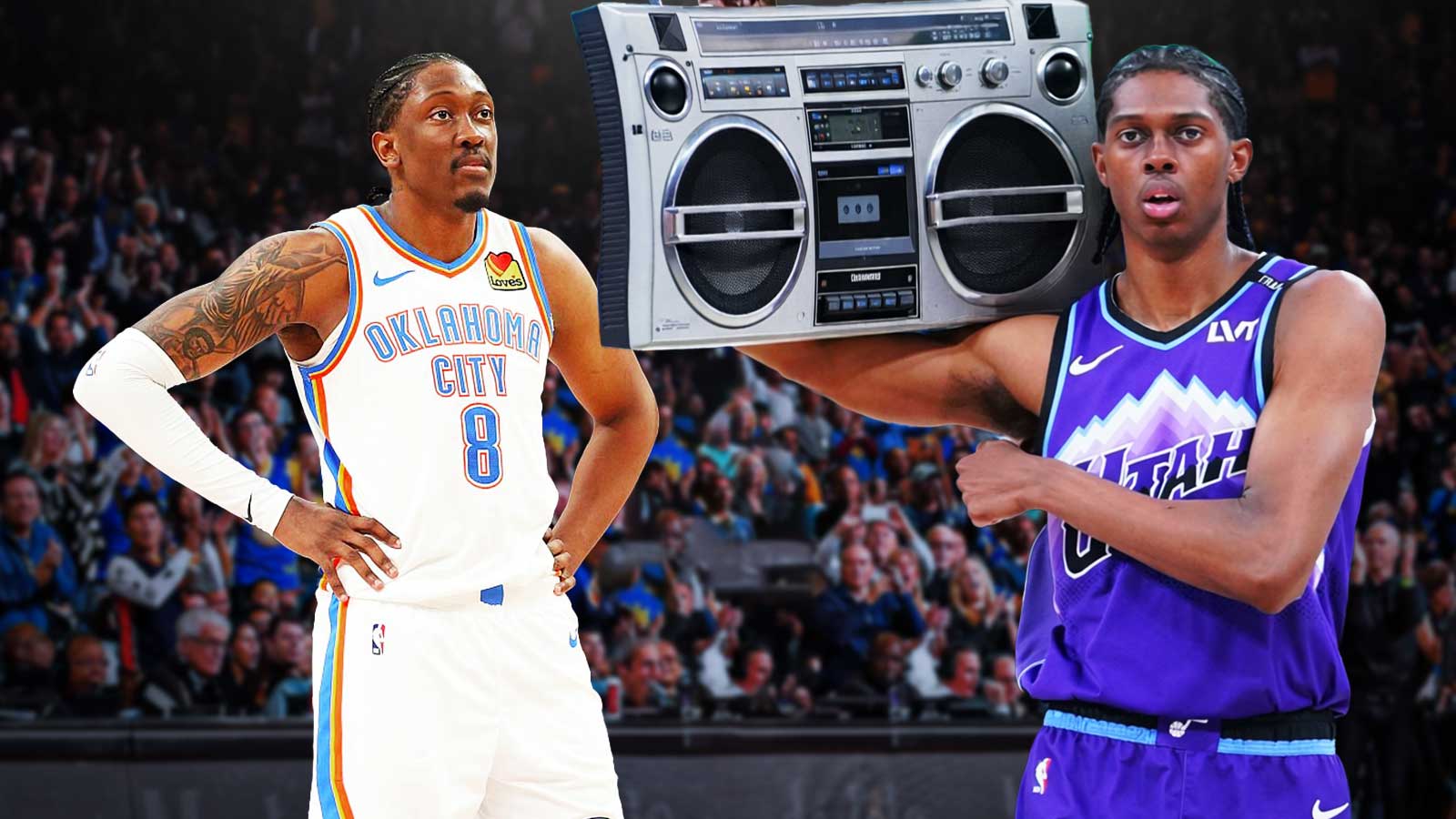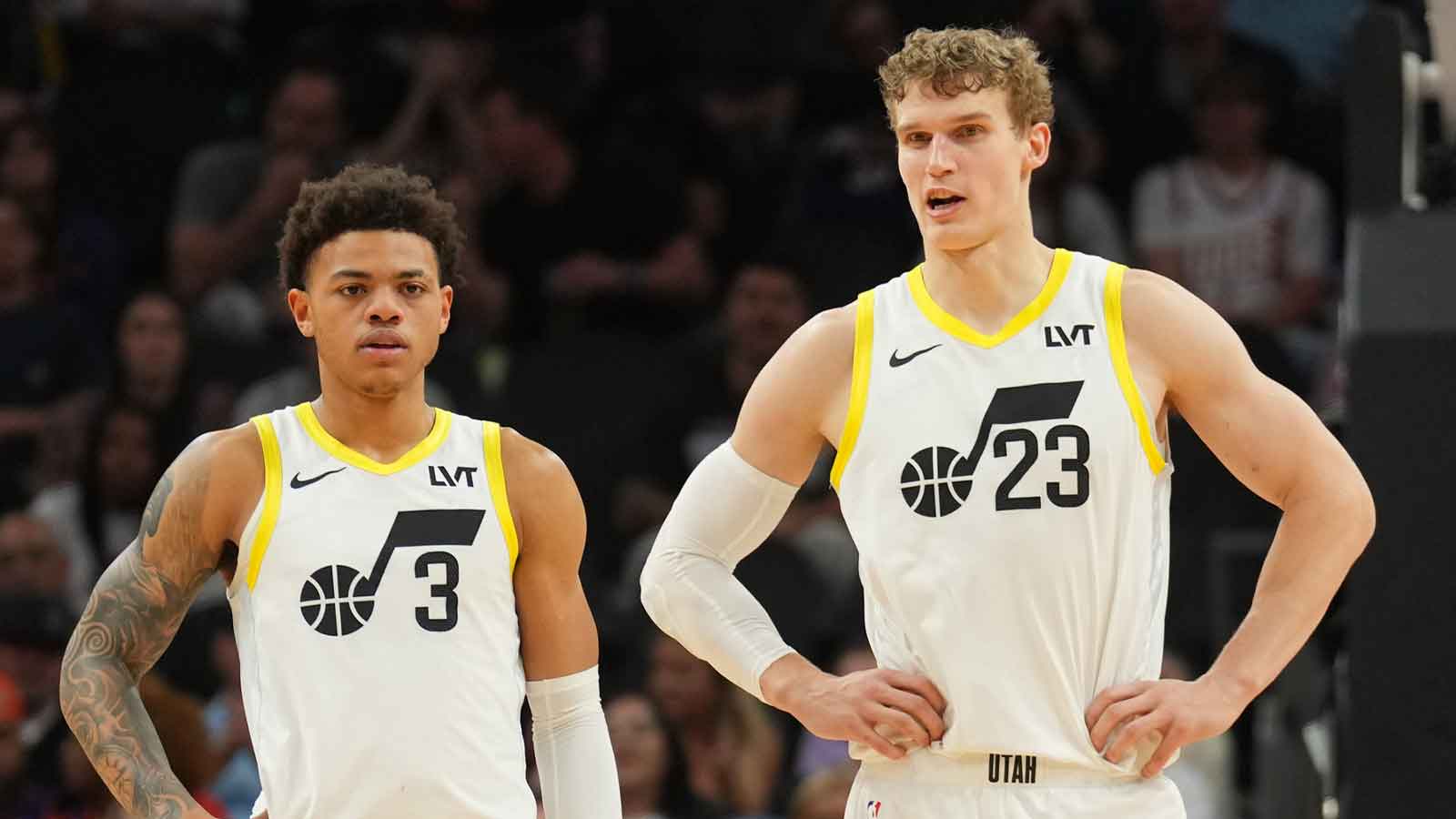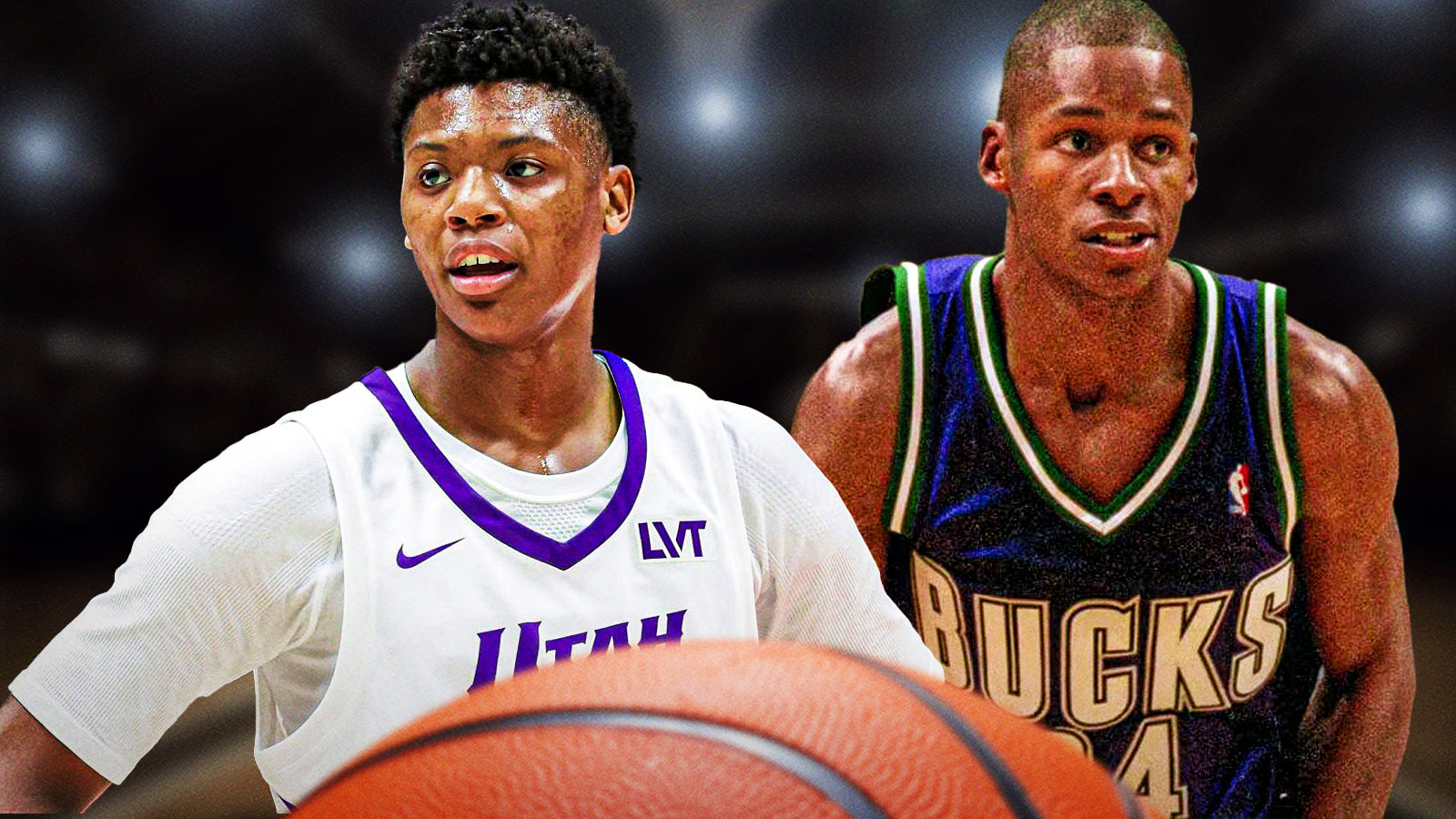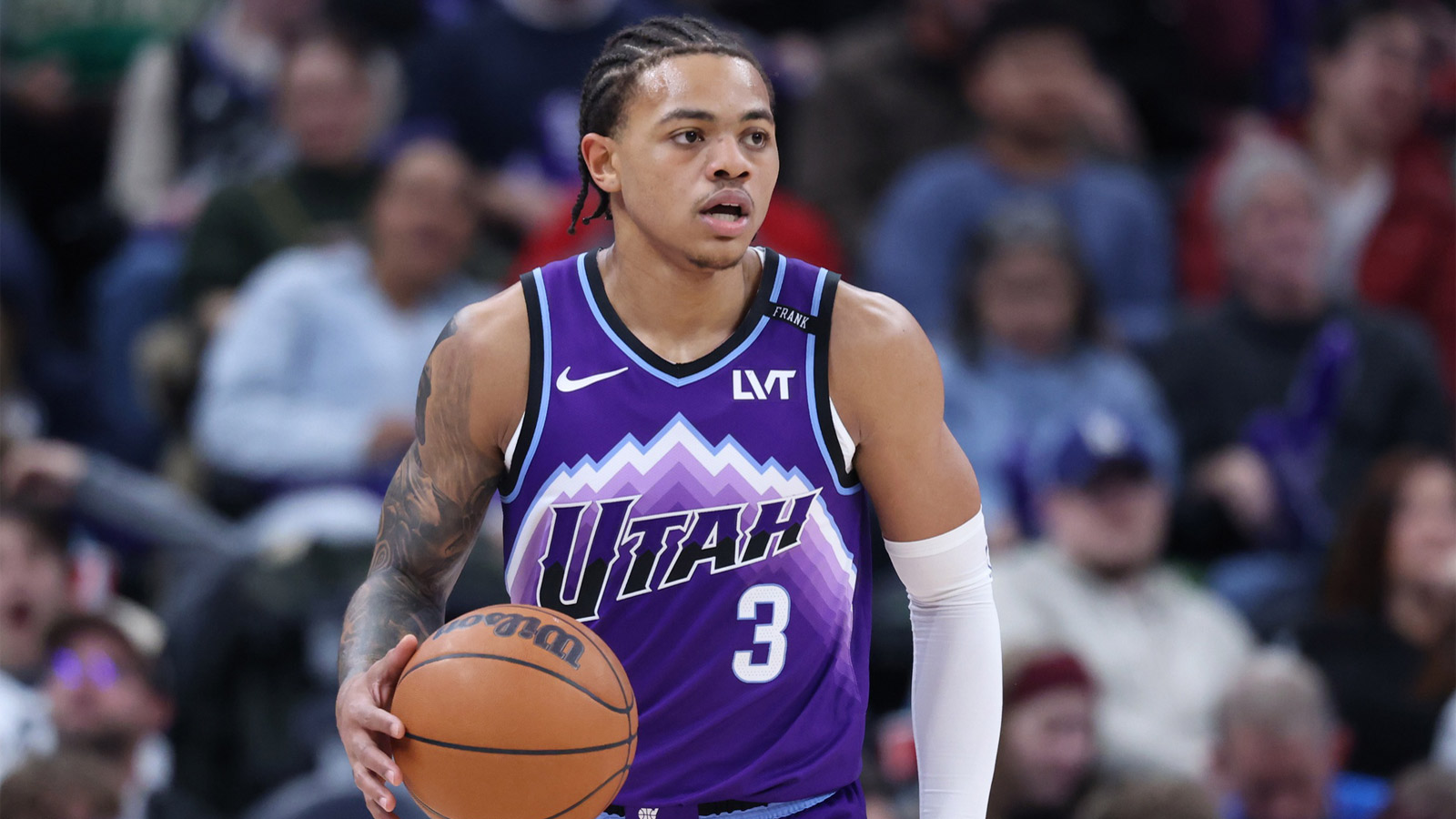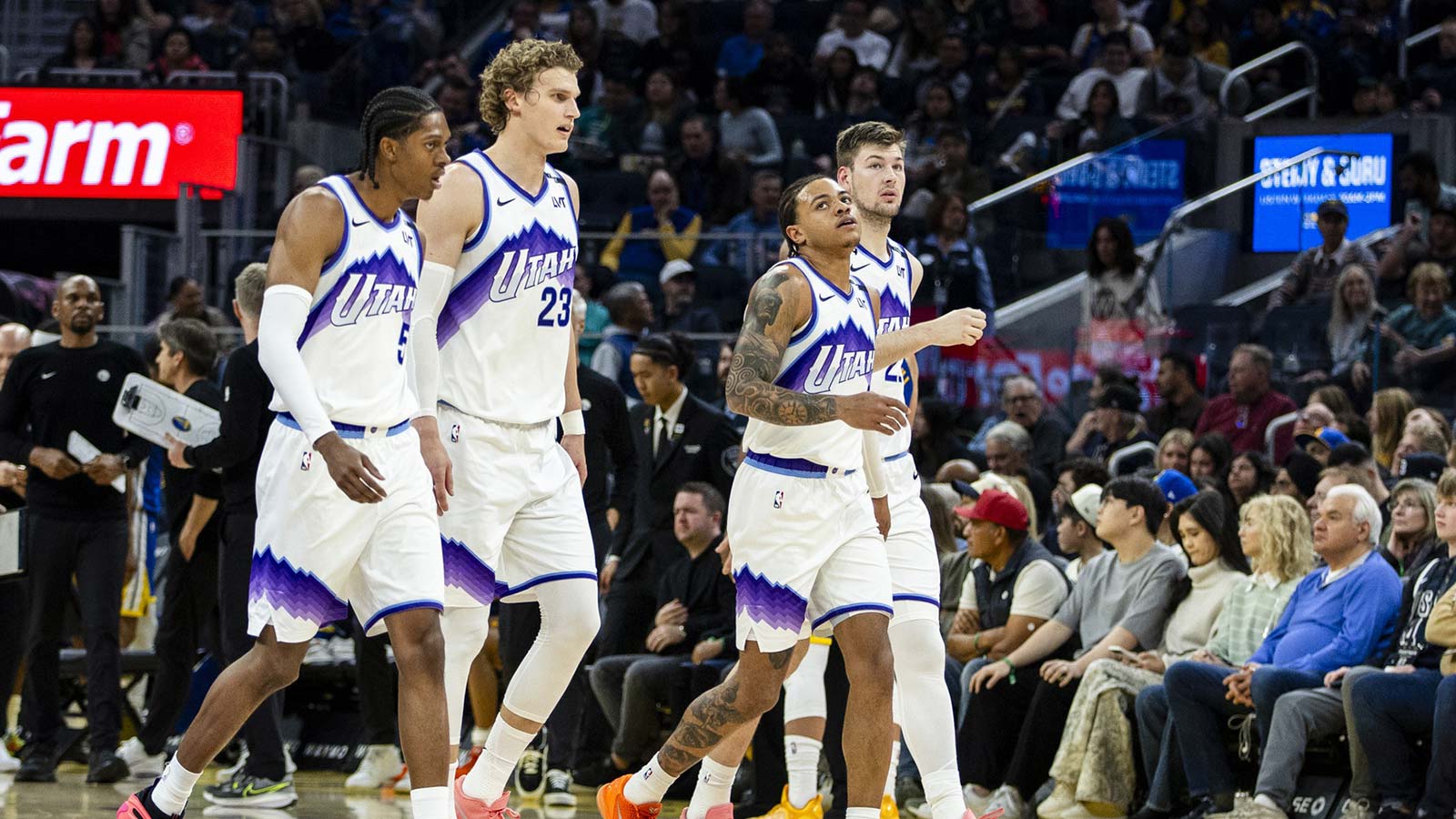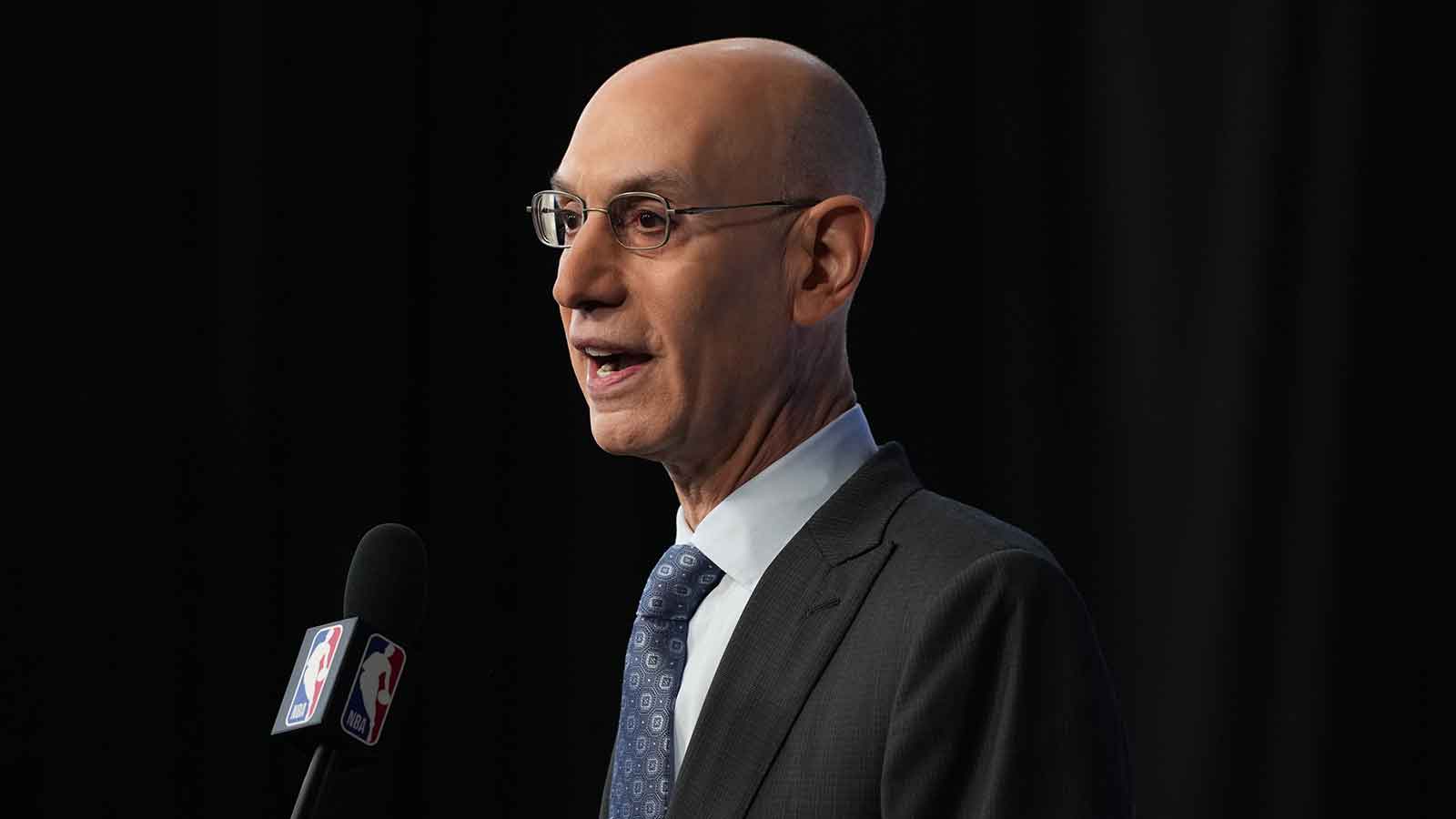The Utah Jazz took a swing for the future when they selected Ace Bailey with the fifth overall pick in the 2025 NBA Draft. Known for his elite athleticism, high motor, and scoring upside, Bailey looked like a franchise piece in the making.
But after his shaky Summer League debut and a few red flags from the pre-draft process, one concern stands out and could shape how his rookie year unfolds. The biggest question is this: can Ace Bailey become an efficient scorer at the NBA level, or will decision-making and shot selection hold him back?
The Jazz are in the middle of a rebuild and made that even more clear this offseason. They moved on from veterans like Jordan Clarkson, Collin Sexton, and John Collins to give more opportunities to their young core. Bailey is expected to be a key part of that next generation. However, his first impression in Las Vegas left Jazz fans both hopeful and uneasy.
Early Signs Raise Efficiency Concerns
Bailey played just two games in Summer League before being sidelined with a hip flexor injury. In those first 25 minutes, he posted a stat line of eight points, seven rebounds, and a handful of defensive plays. At a glance, it was not a bad showing. But a deeper look told a different story. Bailey shot just 3-of-13 from the field and hit only one of his five attempts from three. He never once attacked the rim and instead settled for contested jumpers and off-balance shots.
For someone drafted to be a scoring wing, that approach raised concerns. His inability to get downhill and create high-percentage looks was a major talking point online. Some called his performance inefficient, while others said it exposed holes in his offensive game that could be problematic early in his career. The Jazz want him to grow, but they need to see better decisions with the ball.
For his second game, though, the 18-year-old bounced back with 18 points on 7-of-14 shooting, seven rebounds, and three assists.
Draft Baggage and Preseason Noise
Before the draft, Bailey’s stock drew scrutiny due to an unconventional pre-draft approach. He declined public workouts with several teams, including the 76ers and the Jazz, proposed place, contributing to a slide from a projected top-three selection down to fifth.
Complicating things further, the Jazz reportedly planned to include Omar Cooper Jr., the son of Bailey’s advisor, as an unpaid guest coach for their Summer League team. The NBA intervened and halted that plan, citing concerns over the optics and propriety of such a socially connected coaching role.
Despite the unusual backdrop, there were positives on display. Bailey was engaged defensively and continued to hustle even after being benched late in his Summer League debut. Jazz coach Will Hardy praised his energy and noted that Bailey contributed in ways not reflected in the box score. That level of effort gives Utah something to build on as he acclimates to NBA expectations.
Time to Learn and Adjust
But the offensive concern remains. If Bailey wants to thrive in the NBA, he must adjust his shot selection and show a willingness to attack the paint. Settling for long jumpers might have worked in high school, but the pros are a different world. Standing as a lanky 6-foot-7 forward, the Jazz need him to be efficient, they need him to be smart with the ball, and they need him to get better at reading defenses and making the right decisions in live action.
Utah’s future depends on how its young players develop. Along with Bailey, they acquired NCAA Final Four Most Outstanding Player Walter Clayton Jr. via a trade, and have promising pieces in Keyonte George, Isaiah Collier, Kyle Filipowski, and Brice Sensabaugh. If Bailey can round out his game, he could lead this group into a new era. If not, the Jazz may find themselves searching for another star to fill the gap.
The good news is that Bailey is still just 18 years old. One Summer League game is not a career verdict. But the concerns are real and now clearly defined. The Jazz have time to help him grow, but they also need to set clear expectations. They need to build his confidence while holding him accountable. That balance will define his first year and perhaps the early phase of Utah’s rebuild.
Ace Bailey has the tools to be special. What he does with them now is up to him.

